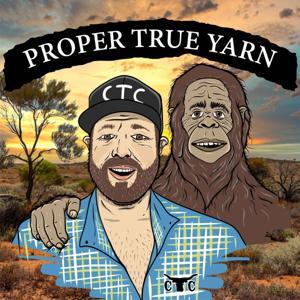Allandale Station is located between Oodnadatta and Lake Eyre. The property contains a high proportion of floodplain country associated with the Neales River and consequently it has the capacity to grow high amounts of feed and contains many natural waters following rainfall events that support good grazing. Andrew and Donnagh Clarke run a maximum of about 7500 head of mostly Angus and Sangus, but this can be very much reduced during a succession of dry years. They are currently running just under 4500 head and are in a rebuilding phase.
The Clarkes select bulls and breeding cows to maximise calving and feed conversion in order to achieve the greatest possible gains when grazing conditions are favourable. This case study focusses on the use of pregnancy scanning and individual animal data to inform management of breeders and grazing.

















